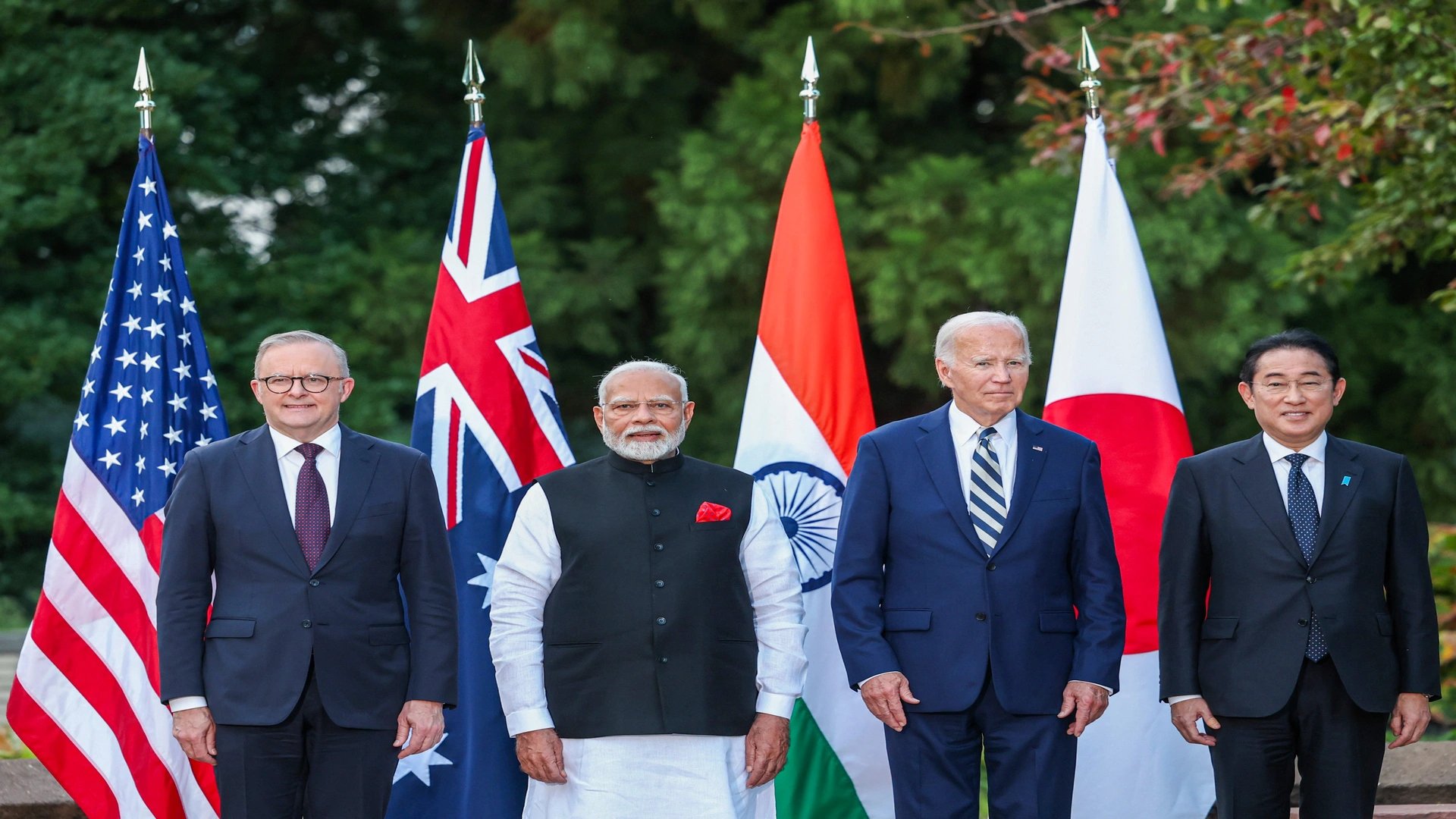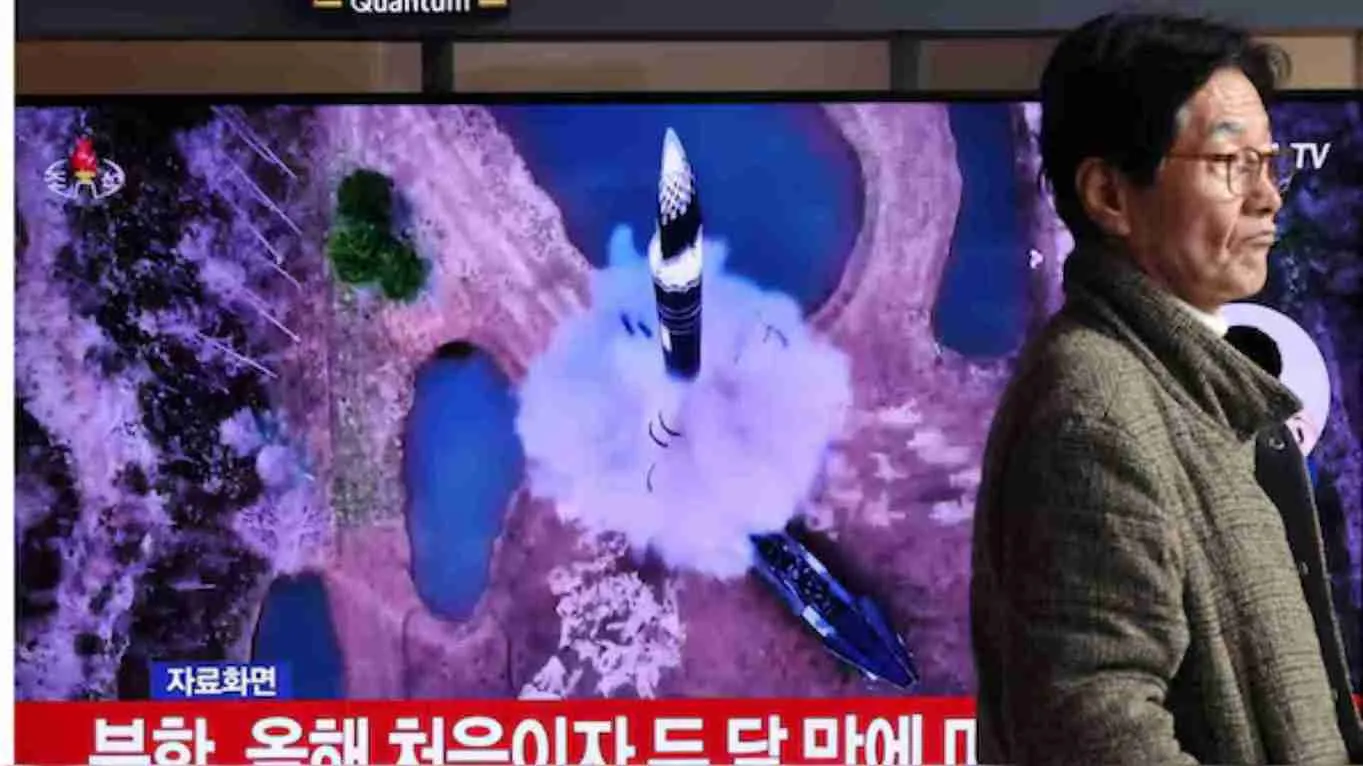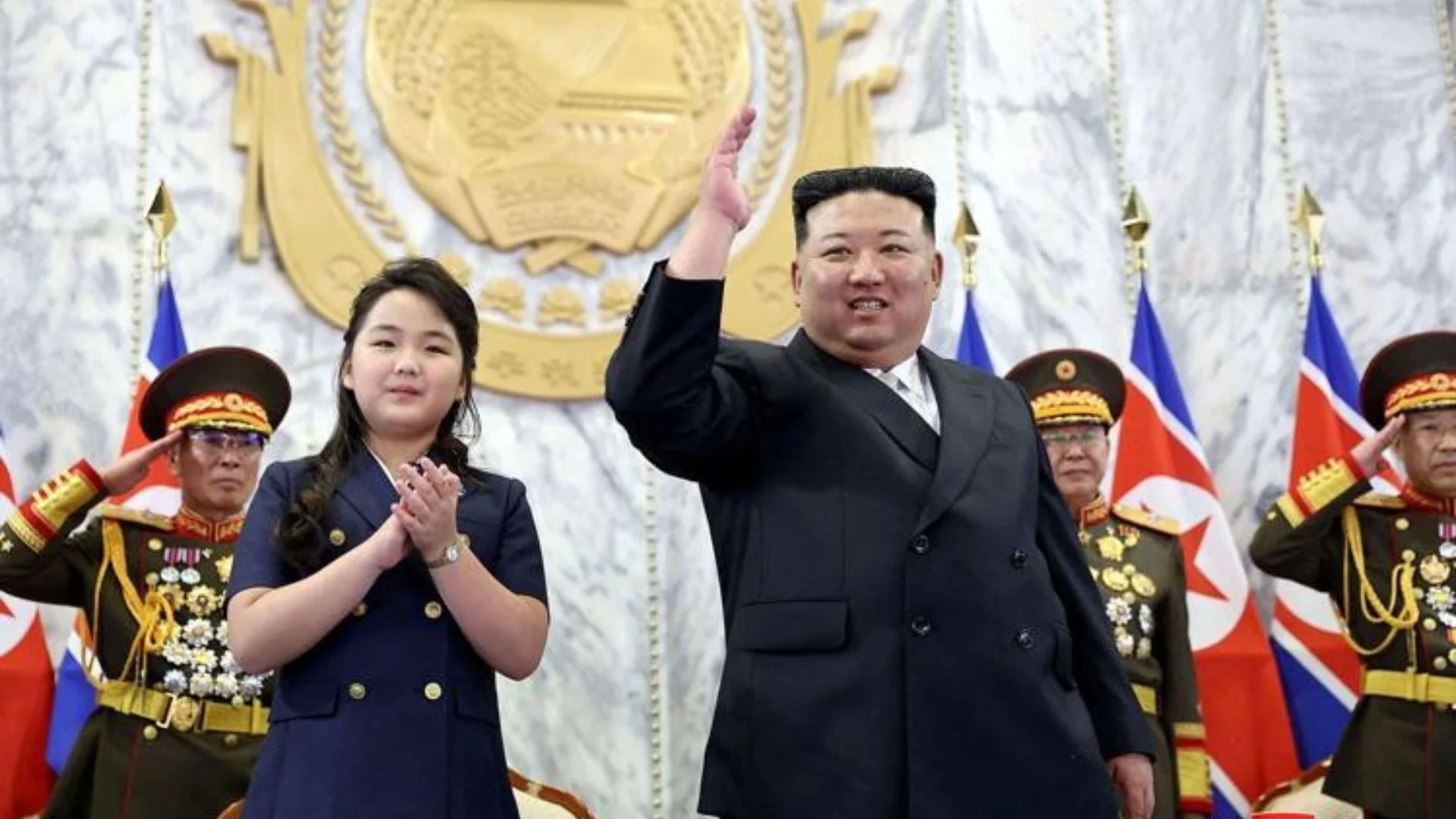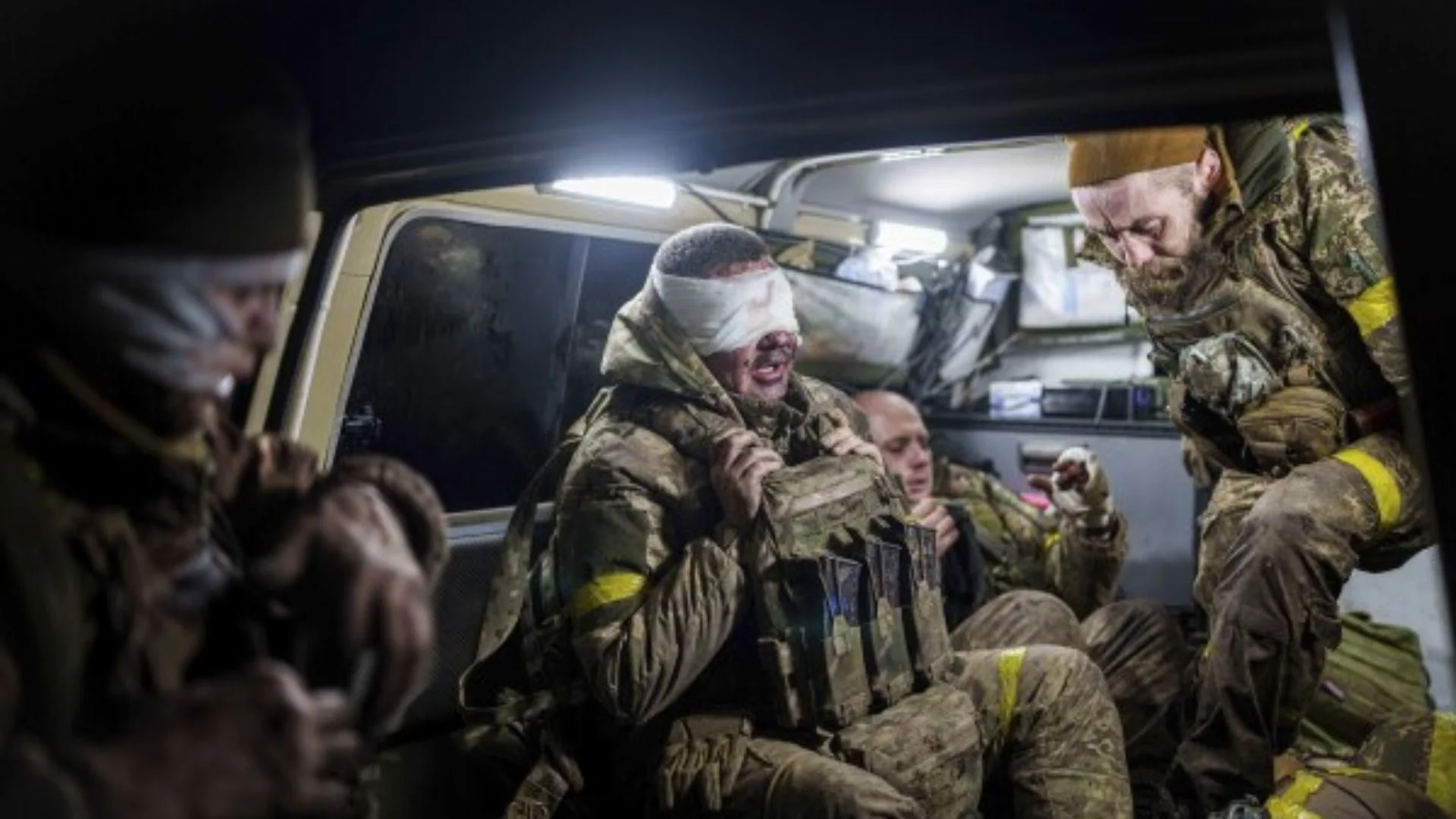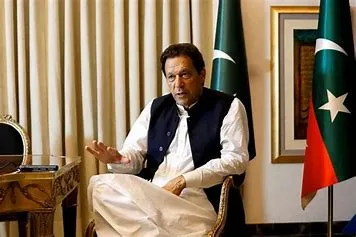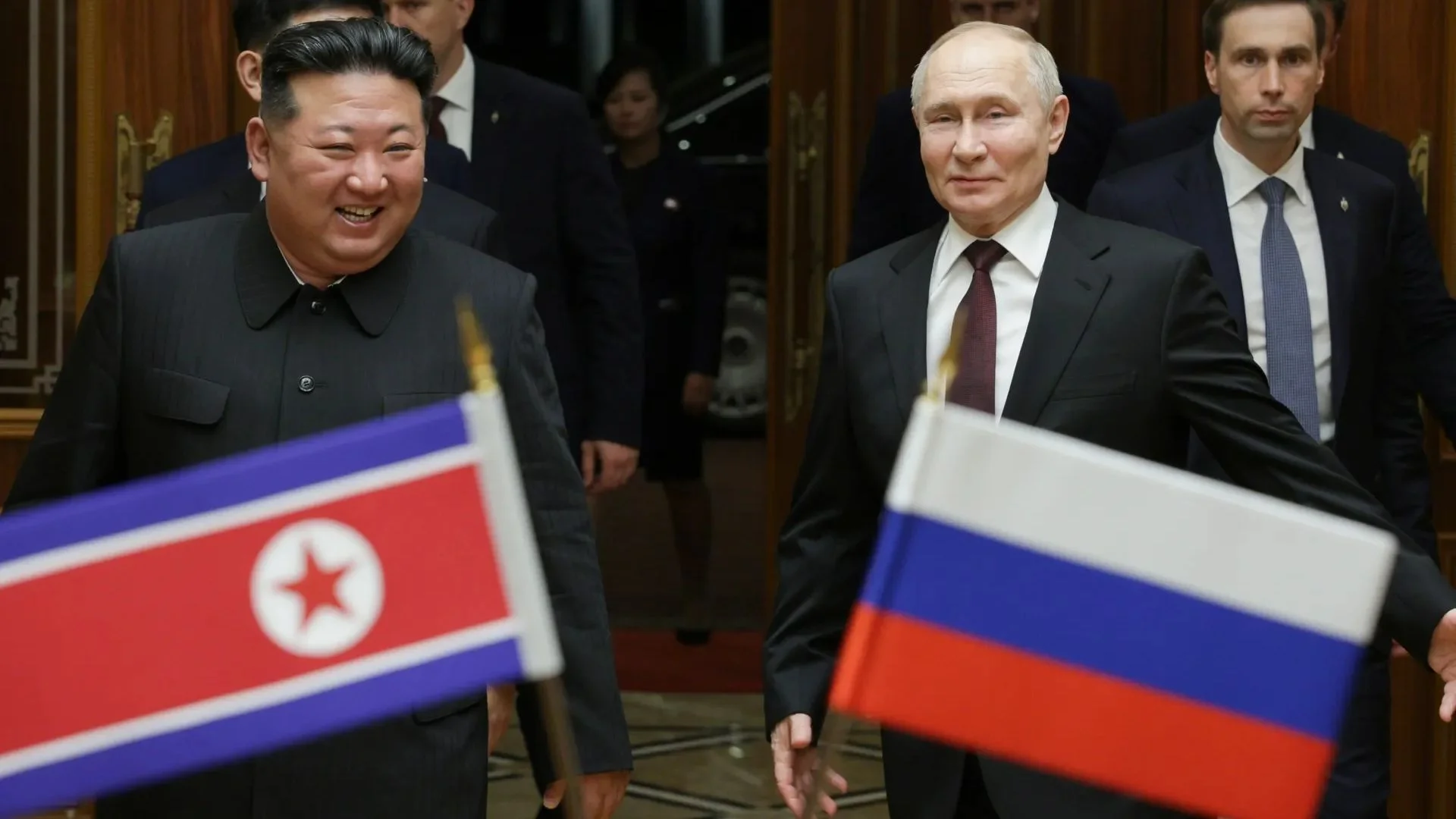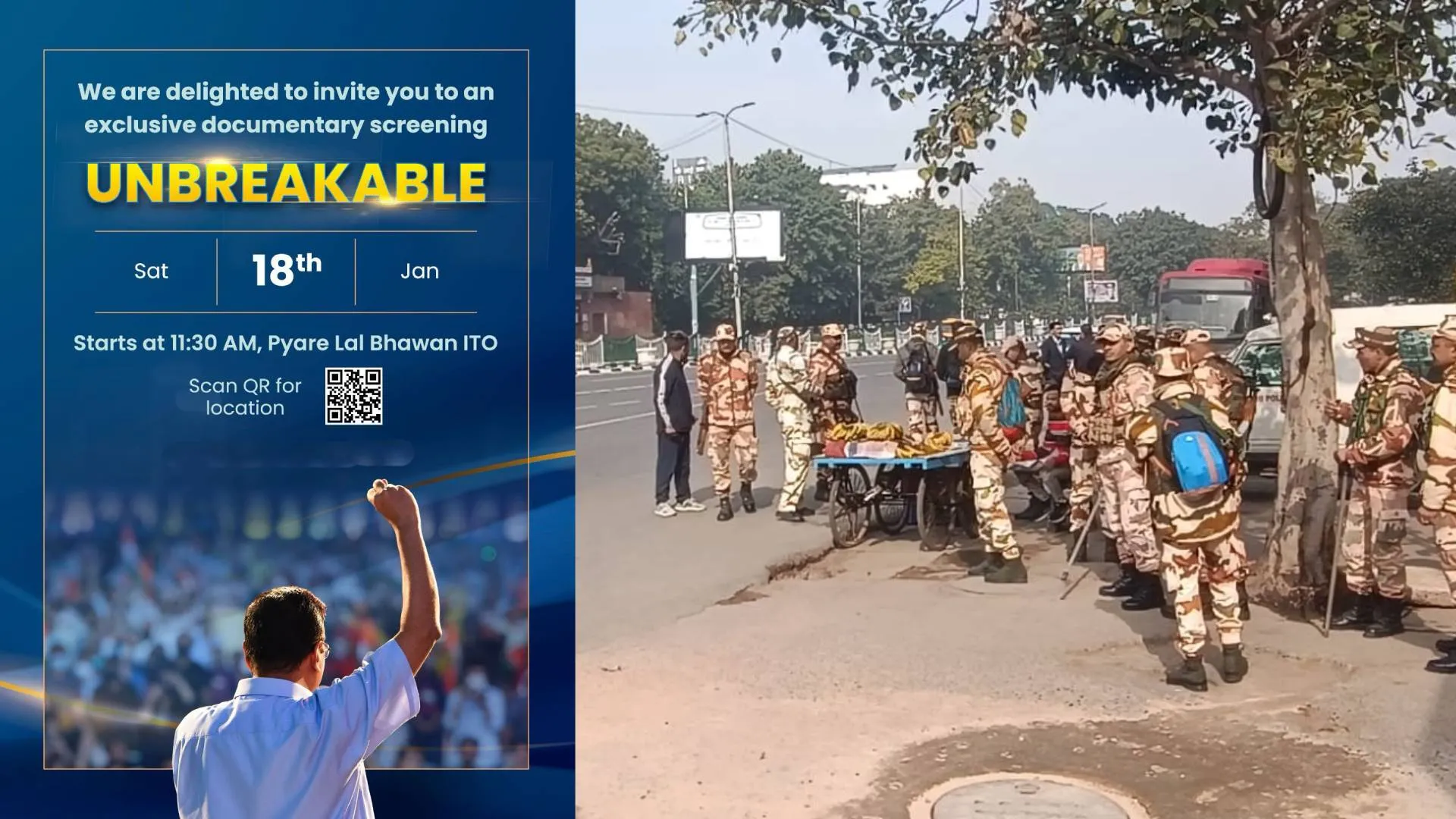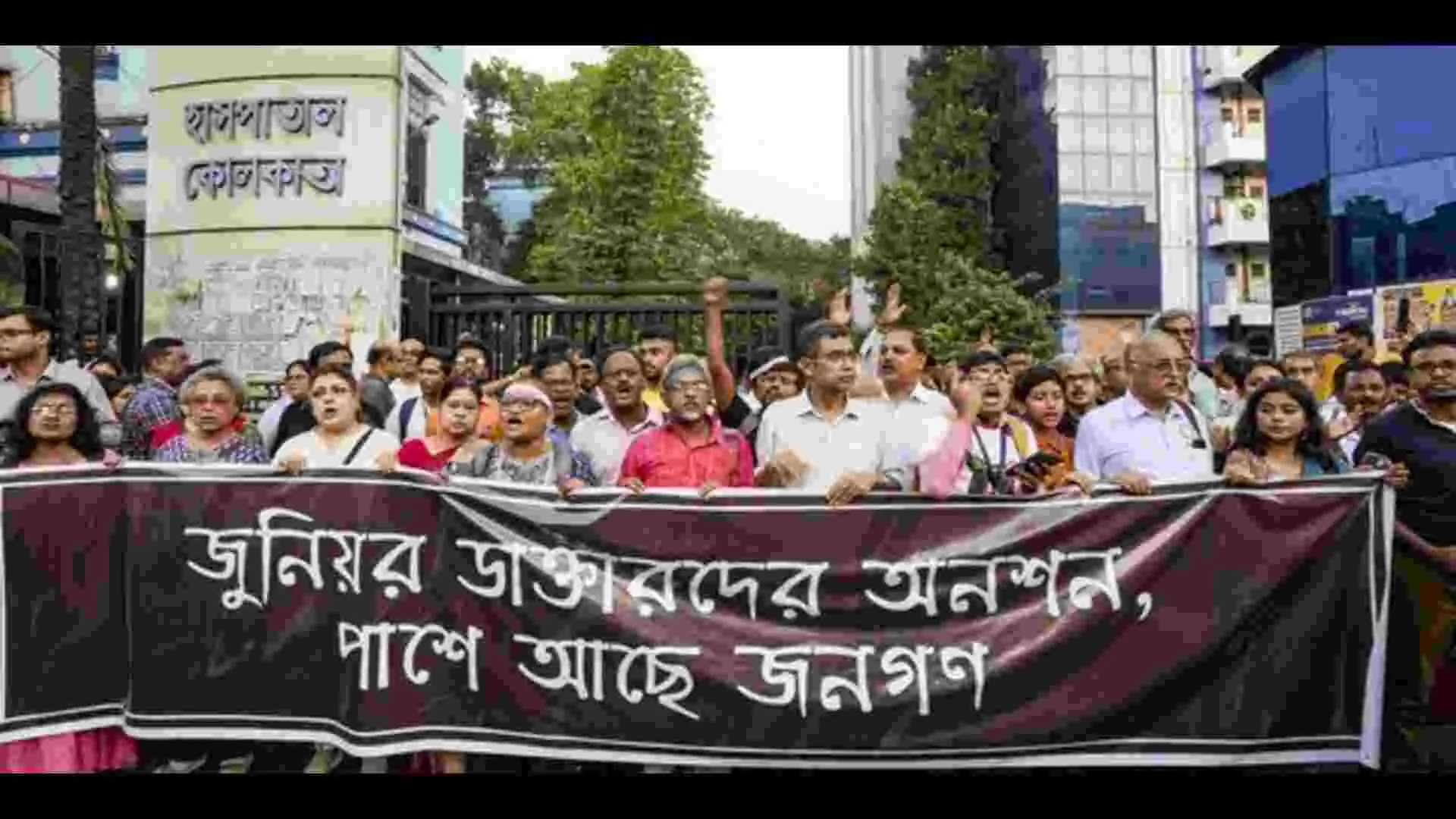The Quad alliance, comprising Australia, India, Japan, and the United States, has launched the Quad Cancer Moonshot initiative, focusing on cervical cancer elimination in the Indo-Pacific. The program aims to expand cervical cancer screenings, increase HPV vaccinations, and enhance treatments, addressing a cancer that claims 150,000 women annually in the region. Key contributions include:
US: Medical training and financing cancer care projects.
Australia: AUD 29.6 million to expand cancer programs.
India: USD 7.5 million for HPV sampling kits and vaccines.
The collaboration will enhance regional health infrastructure and focus on integrating prevention, diagnosis, and treatment through partnerships between governments, private sectors, and non-profits. The initiative builds on the Quad Vaccine Initiative’s success during COVID-19, marking a continued effort to address public health challenges collectively.
A Closer Look at Contributions:
Australia: Australia committed AUD 29.6 million to its Elimination Partnership in the Indo-Pacific for Cervical Cancer Program (EPICC), extending support to up to 11 countries. This contribution emphasizes prevention, early detection, and cancer treatment in collaboration with non-profits like the Minderoo Foundation.
India: India pledged technical expertise through its National Non-Communicable Disease (NCD) portal and committed USD 7.5 million for HPV sampling kits, detection tools, and vaccines. It also aims to provide digital health expertise and radiotherapy support, strengthening local cancer care infrastructure across the Indo-Pacific region.
US Support: The US Navy plans medical training for cancer prevention in the region, set to begin in 2025, while the US International Development Finance Corporation (DFC) will explore funding eligible private-sector-driven cancer projects. The program will advance research and development, expand private and NGO involvement, and focus on reducing the burden of cervical cancer through collaboration.
Japan’s Role: Japan has committed around USD 27 million to supply medical equipment, including CT and MRI scanners, to countries like Cambodia, Vietnam, and Timor-Leste. Japan is also contributing to global vaccination efforts through partnerships with GAVI and other international organizations.
Private Sector Commitments: Serum Institute of India, in collaboration with GAVI, has pledged 40 million HPV vaccine doses, pending necessary approvals, to support the Indo-Pacific region. Additionally, the Women’s Health and Empowerment Network has pledged USD 100 million to address cervical cancer in Southeast Asia.
Key Initiatives:
Cervical Cancer Screening: India is scaling up its mass screening program using the cost-effective Visual Inspection with Acetic Acid (VIA) method, allowing for early detection without advanced infrastructure.
Affordable Cancer Care: Through India’s Pradhan Mantri Jan Arogya Yojana (PMJAY), affordable cancer treatments are being expanded, offering financial protection to those in need.
Global Health: India’s initiative reflects its “One Earth, One Health” vision, emphasizing a human-centric approach to global healthcare.
Long-Term Vision:
The Quad leaders emphasized that the Cancer Moonshot could save hundreds of thousands of lives, extending beyond cervical cancer to address other types of cancer in the future. Through partnerships across the public and private sectors, the Quad aims to create lasting impacts in healthcare accessibility, affordability, and innovation in the Indo-Pacific.
Also read: Kejriwal’s Janta Adalat Sparks Political Clash With BJP, Congress
This landmark collaboration highlights the Quad’s commitment to tackling global health challenges, leveraging collective expertise, and building resilient healthcare systems in a region historically underserved in cancer care.

